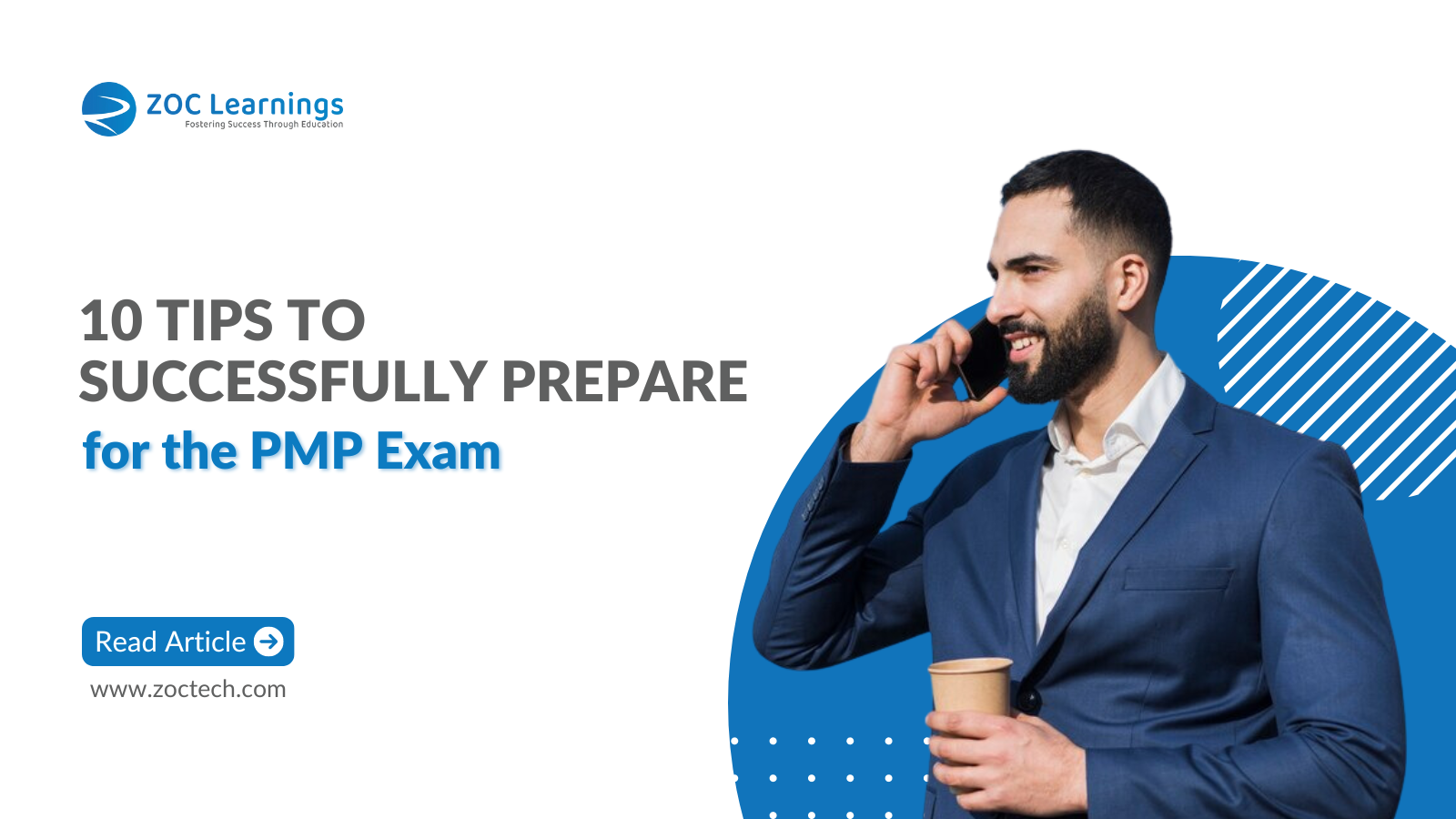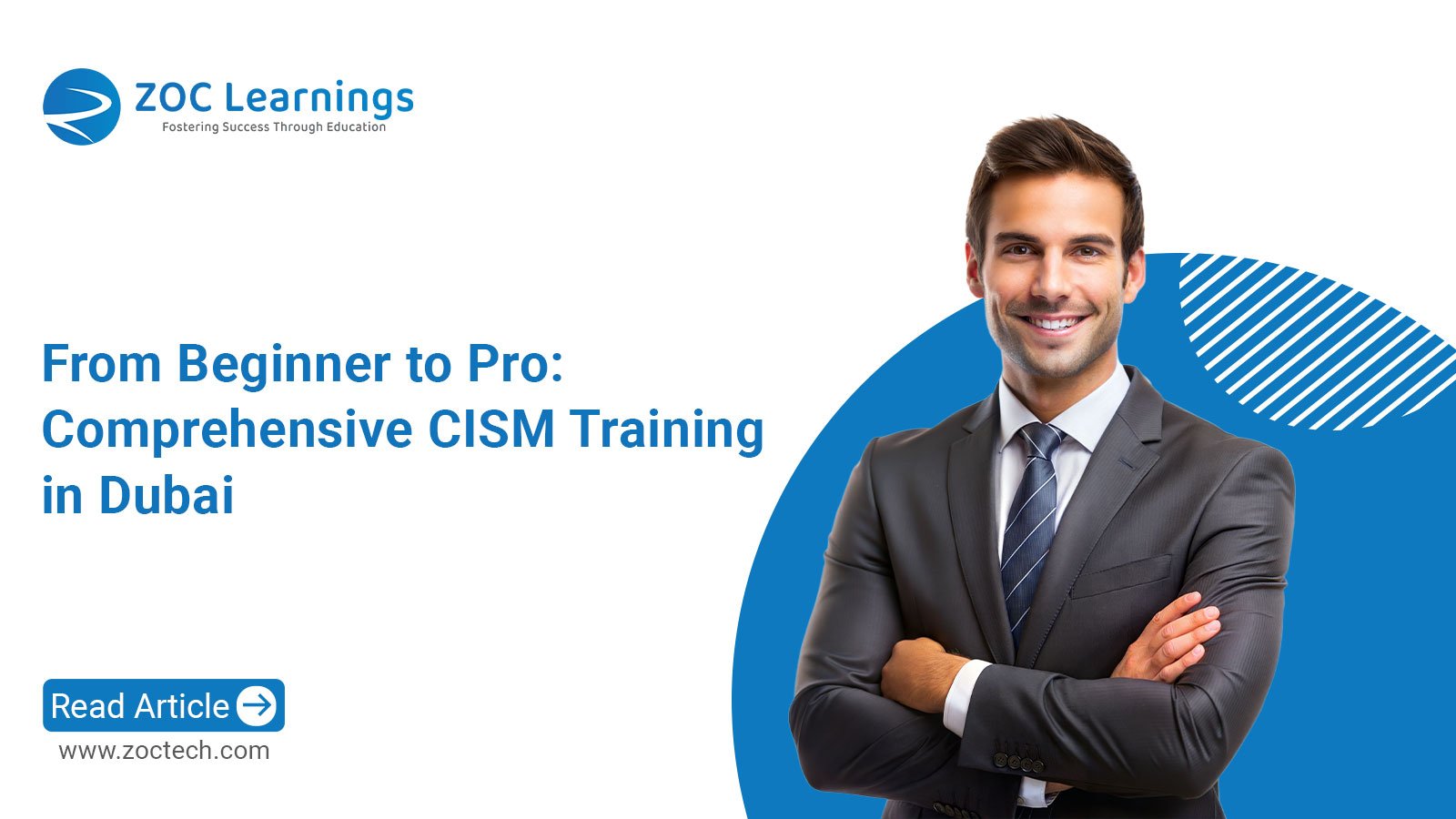The PMP certification exam is one of the standard assessments. It is used to define project management knowledge and skills. This is perhaps why it is administered by the PMI and is widely accepted in the project management world. The PMP examination is a very intensive examination that requires effort, planning, and good and thorough knowledge of the contents of the examination.
What is the PMP exam?
PMP is a qualifying examination under the Project Management Institute or PMI that is recognized and used worldwide. It has a function that ensures that there is a dependable strategy for the application of knowledge and skill within the context of project management. This will have the effect that the PMP certification will serve as proof that a person has the knowledge and skills that are required for managing and directing projects to completion.
PMP Professional Responsibility:
- Practise at a high level of professionalism and ethical standards.
- All members of the profession have to behave professionally.
- Always engage in self-reflection to improve competency in professional practices.
- Upholding the code
- Adherence to all standards and regulatory requirements.
- Take action and accept the consequences.
- Employ fair and honest practice code across the organization.
- Make sure to always maintain high ethical standards and legal standards.
- Mitigate stakeholders risks and reconcile the interests of stakeholders of the project.
- Avoid conflicts of interest that would subvert the self- interest of the customer.
- Maintain confidential information
- Act with the intention to be factual and honest.
- How to report suspected illegitimate or unethical activities.
- And as one interacts with other cultures it is important to address professionalism.
- This requires conscious awareness of cultural differences.
Here are ten tips to help you ace the PMP exam:
Understand the PMP Exam Structure:
After that you can already start preparing for the exam: take a look at the structure of the test – number of questions, the length and types of questions. There are also four multiple choices for each question and the test is available for 200 questions for four hours. It is also vital for the students to understand the order of examinations so that they can properly allocate time that will be used in answering each question during the examination.
Why it’s important to understand the PMP exam structure:
- It is the best thing in ensuring that the examination takes less time to complete.
- Gives time management so that time is apportioned to different sections of the exam.
- Tackles stress and apprehension because he knows what to expect on the exams.
Utilize Reliable Study Materials:
Buy and read well-written books for the PMP certification exam and take online classes, courses, and tests. These resources fully cover the exam content and serve you as a good benchmark of your test preparation. Per the PMI, individuals who utilize learning aides are very likely to pass the PMP examination in the first take.
Why Use Reliable Study Materials:
- They offer exam content and have in-depth coverage.
- It also allows for the testing of the student’s preparedness by use of mock examinations and tests.
- PMI indicates that the probability of passing the exam in the first attempt will be raised.
Create a Study Schedule:
Create a study timetable that best suits your learning style and other commitments. Take out some time from the day or week to prepare for the exam using the PMP. Preparing and regularly revising study plans helps to improve the level of understanding and memorization of the studied material. The materials in this book are ideally suited for a 35-hour study period leading up to the exam.
Why Create a Study Schedule:
- Supports group work and student personal time management.
- Promotes effective and organized learning for all students.
- Able to properly plan out study times with adequate recommendations.
Practice with Mock Exams:
Make use of test samples and practice question and answer to test your understanding and find your weakness. Practice exams are developed to equip the test-takers on what to expect during the real exam and familiarize them with the questions procedure. Practice exams are also a valuable way of influencing the pass rates of the PMP exam as research has indicated that practice exams will greatly contribute to the pass rates of the PMP exam.
Reasons to Practise with Mock Exams:
- Assess the knowledge gained and determine what skills need to be improved on.
- Simulate actual exam environment.
- Develop confidence in and make students known to exam-style questions.
- Enhance the odds of a pass on the PMP exam.
Understand PMBOK Guide Concepts:
PMBOK is the main reference material for the PMP certification Examination. The PMBOK model is important in understanding situational or scenario-based questions in the exam.
Why Read PMBOK Guide Concepts:
- The course content should acquaint students with key concepts, processes and knowledge areas.
- The most important skill to approaching situational and scenario questions.
- Teamwork: develop knowledge and understanding of project management concepts.
Join a Study Group or Forum:
Use study groups or online forums specifically aimed at PMP aspirants to network with others who are preparing for the exam. Working in groups can expose the student to ideas like offering study tips, sharing of problems that may be difficult to solve, and/or sharing of various perspectives about the concepts regarding project management. Study groups are also effective and candidates who join such groups are more likely to pass the PMP exam.
Why Join a Study Group or Forum:
- Provide peer networking where they can share notes on study tips and where they can ask questions or discuss difficult topics.
- Diverse readings that are unrelated to each other about project management concepts.
- Which research has shown to augment the chances of passing the PMP Exam.
Focus on Weak Areas:
Find your weak points and improve them using practice tests and assessment. Spend time and resources to develop mastery of those hard topics or knowledge areas that are difficult to learn. It is quite possible to work out poor areas to enhance exam preparation, which can improve overall readiness and confidence.
Why Focus on Weak Areas:
- Solve practice tests and try to find your own weaknesses.
- Spend additional time and effort on improving problems that are hard to understand.
- To help you prepare better and gain more confidence for the exam.
Review and Revise Regularly:
Repealing is important for reinforcement learning and retention. This is where you can schedule regular review sessions to reinforce those concepts, formulas, and processes that are going to be especially important on the exam. A number of studies have shown that frequent review and relearning using a distributed pattern of presentation are highly effective for promoting learning and retention.
Review and Revise Regularly:
- Help a learner to review learned concepts and cement the understanding gained.
- It is best to periodically revise dates to refresh their minds with important concepts.
- Strongly enhance long-term expiratory retention and recollection as evidenced in various studies.
Understand Exam Question Patterns:
Understand a lecturer’s style of delivering lectures from past exams and find out what is common. The structure and style of an answer to questions in the PMP exam gives an insight into the type of the questions used and strategies for answering them. Try solving various exam questions and focusing on question pairing during the act of solving them.
Importance of Exam Question Patterns:
- Review past exam questions on a regular basis to try to establish patterns.
- Be familiar with the kind of questions that can be asked and prepare responding strategies.
- Reduce exam errors and streamline exam-time processes.
Stay Calm and Confident:
The same should be the case on the day of the test- the test taker should remain calm and confident in preparation for the examination. Confidence in the answers and think logically with each question. Plan your time wisely and do not spend too much time on the question you find complicated in a way or another. Several studies have indicated that a good attitude where a candidate is optimistic and confident about the objective being tested greatly influences his or her performance.
Benefits of Staying Calm and Confident:
- Confidence and abilities that one has on the day of the examination.
- Read the question carefully and develop your approach to the answer; control time.
- Correspondingly, the probability of achieving better performance in the exam is higher according to studies.
Conclusion
Overall, PMP exam preparation is based on a proper strategy, commitment, and proper management of the initial principles and approaches of project management. The application process for the certificate of Project Management Professional is not easy but if you follow the above mentioned ten tips you will have a higher chance of achieving your goal. There are lots of motivational elements that will help you to be able to pass the PMP exam. Good luck!
Author
-
𝐙𝐎𝐂 𝐋𝐞𝐚𝐫𝐧𝐢𝐧𝐠𝐬 has established itself as a prominent player in the corporate training industry, boasting nearly two decades of experience. The company offers a wide range of IT process management training programs in key markets such as the 𝑼𝑺𝑨🇺🇸,, 𝑨𝒖𝒔𝒕𝒓𝒂𝒍𝒊𝒂🇦🇺, 𝑪𝒂𝒏𝒂𝒅𝒂🇨🇦, 𝒂𝒏𝒅 𝑼𝑨𝑬 🇦🇪 𝒕𝒉𝒆 𝑴𝒊𝒅𝒅𝒍𝒆 𝑬𝒂𝒔𝒕. You can reach us at +91 8655 026094 if you have any questions.
𝐙𝐎𝐂 𝐋𝐞𝐚𝐫𝐧𝐢𝐧𝐠𝐬 has established itself as a prominent player in the corporate training industry, boasting nearly two decades of experience. The company offers a wide range of IT process management training programs in key markets such as the 𝑼𝑺𝑨🇺🇸,, 𝑨𝒖𝒔𝒕𝒓𝒂𝒍𝒊𝒂🇦🇺, 𝑪𝒂𝒏𝒂𝒅𝒂🇨🇦, 𝒂𝒏𝒅 𝑼𝑨𝑬 🇦🇪 𝒕𝒉𝒆 𝑴𝒊𝒅𝒅𝒍𝒆 𝑬𝒂𝒔𝒕.
You can reach us at +91 8655 026094 if you have any questions.











